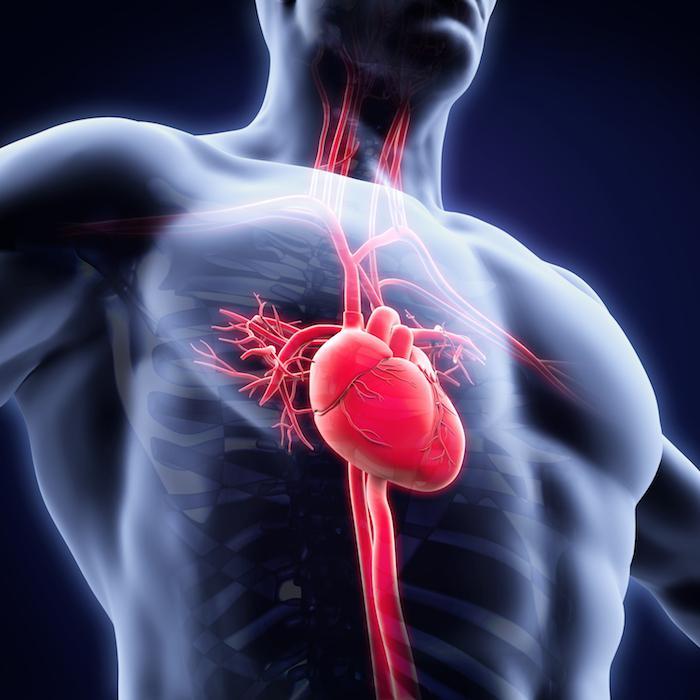Shiraz is a major medical hub in southern Iran and has advanced facilities for cardiology and cardiovascular surgery.
The medical universities and hospitals in Shiraz perform not only standard cardiac care (angiography, bypass surgery) but also interventional cardiology, electrophysiology, valve repair, and minimally invasive procedures.
There is a fellowship program in Interventional Cardiology at Shiraz University of Medical Sciences, reflecting local expertise in catheter-based treatments.
Hospitals like Kowsar Hospital are specialized cardiovascular hospitals, with modern infrastructure, multiple operating rooms and angiography labs.
There are recognized cardiologists in the city (for example, Professor Javad Kojuri, affiliated with Nemazi Hospital in Shiraz) who provide a variety of cardiac services including imaging, interventional work, and more

ajor Hospitals / Centers in Shiraz for Cardiology
Here are some key hospitals / clinics in Shiraz known for cardiology / cardiac surgery:
Hospital / Center Highlights / Services Comments / Notes
Kowsar Hospital (Shiraz Heart Hospital) Full spectrum cardiovascular care: angiography, angioplasty, valve repairs, open-heart surgery, electrophysiology, pacemakers, endovascular aortic procedures, etc.
It has 300 beds, multiple operating & catheterization rooms, and serves many patients including international ones.
Nemazi Hospital (Shiraz University Hospital) Academic / referral hospital, with cardiology department and link to research & teaching.It’s part of the Shiraz University of Medical Sciences system. Al-Zahra / Heart Hospital (Ghalb Alzahra Hospital) Specialized diagnostic and treatment center for cardiac disease in Shiraz.

Common Cardiology Treatments & Services in Shiraz
In Shiraz you can expect most of the modern cardiac interventions. Some examples:
Diagnostic services: ECG, echocardiography (echo), stress testing, Holter monitoring, CT / MRI angiography.
Coronary angiography / catheterization: to visualize coronary arteries and detect blockages.
Percutaneous interventions: angioplasty with stent placement, balloon angioplasty.
Coronary artery bypass grafting (CABG): surgical bypass of blocked coronary arteries.
Valve surgeries / repair: aortic valve replacement or repair, mitral valve procedures. Some minimally invasive or transcatheter valve procedures may be available.
Electrophysiology / arrhythmia treatment: studies, ablation, pacemaker and ICD (implantable defibrillators).
Endovascular / aortic procedures: such as repairing aneurysms, stent grafting.
Heart failure management: medical therapy, possibly device therapy (e.g. CRT).
Follow-up, rehabilitation, and preventive cardiology.
For example, Kowsar Hospital explicitly lists coronary angiography & angioplasty, percutaneous closures of septal defects, valve procedures, electrophysiology & ablation, pacemaker/ICD implants, open heart surgeries, etc.
Historically, data from 2006 showed that in Shiraz hospitals, diagnostic angiographies and angioplasties were being done at a substantial volume.
Brieflands
Challenges and Considerations
While Shiraz’s cardiac care is advanced in many respects, some challenges or practical points are
Cost & Financing: For medical tourists or non-local patients, cost structures, insurance, and currency exchange issues matter.
Wait times & access: Depending on demand, scheduling for high-demand procedures might have delays.
Specialist availability: Some ultra-specialized procedures (e.g. complex pediatric cardiac surgery, advanced transplant) may only be available in certain centers or require referral.
Follow-up & continuity: If you are coming from abroad, follow-up care and coordination with your home country needs planning.
Language / communication: English is often used in academia and some international patient units, but local language (Persian / Farsi) may be needed.

